In May, the ferrous and non-ferrous metals sector posted a 2.6% increase compared to the same month last year, while the steel sector posted a 3.6% increase. Despite global economic uncertainties, fluctuations in energy costs and frequent changes in trade policies, this growth achieved by the sector's exporters attracted attention.
ADMIB Shares Regional Performance Data
The Mediterranean Ferrous and Non-Ferrous Metals Exporters Association (ADMIB) also announced its regional data for May. Accordingly, the association's ferrous and non-ferrous metals exports increased by 4% to USD 74 million. Steel exports, on the other hand, decreased by 5% compared to May last year and amounted to USD 188 million.
Germany, Romania and Ukraine Stood Out
The country with the highest iron-steel exports in Türkiye in May was Germany. Germany was followed by Italy, Romania, Spain and the United Kingdom. Among the top 10 markets, export increases of 167% to Belgium, 64% to Spain and 49% to Ukraine were noteworthy. The increase in exports to Ukraine was interpreted as a signal of recovery in the region.
Romania ranked first in ADMIB's regional export data. This country was followed by Italy, Iraq, Germany and Egypt. Lebanon (203%), Ukraine (143%) and Morocco (106%) stood out among the countries where ADMIB-affiliated companies recorded the highest increase.
Fuat Tosyalı: “We will be a player not only of today but also of the future”
Fuat Tosyalı, President of ADMIB, emphasized that the iron and steel industry maintained its production power and effectiveness in foreign markets despite the challenging global conditions. Stating that the sector acts responsibly not only in terms of economic but also environmental sustainability, Tosyalı made the following assessments: "This success is the product of a decisive, long-term approach that puts environmental sensitivities at the center. Environmental responsibilities now determine the future of production and trade in the world. All new regulations to reduce carbon footprint, especially the European Green Deal, are not only a harmonization process for us, but also an area of transformation and opportunity."
Tosyalı emphasized that as ADMIB, they are working intensively to adopt environmentally friendly production techniques and to encourage investments that minimize carbon emissions. "At every stage from production to export, we act with a sense of responsibility towards quality, the environment and future generations. This approach will make us one of the strongest players not only of today but also of the future," he stated, revealing the sector's vision of sustainable growth.


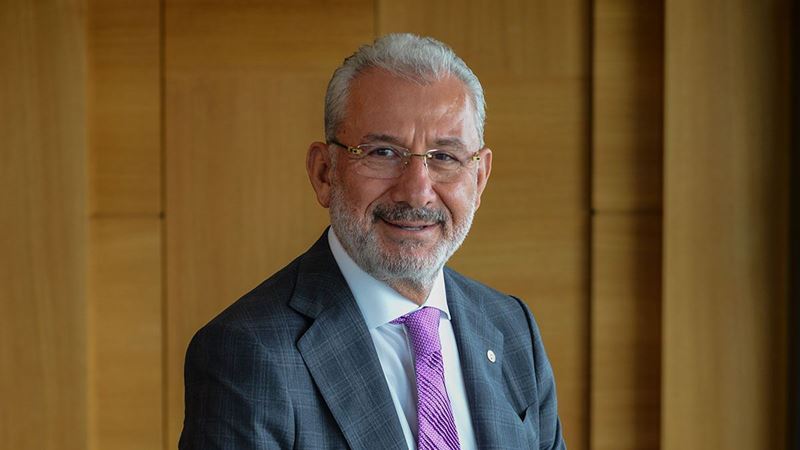
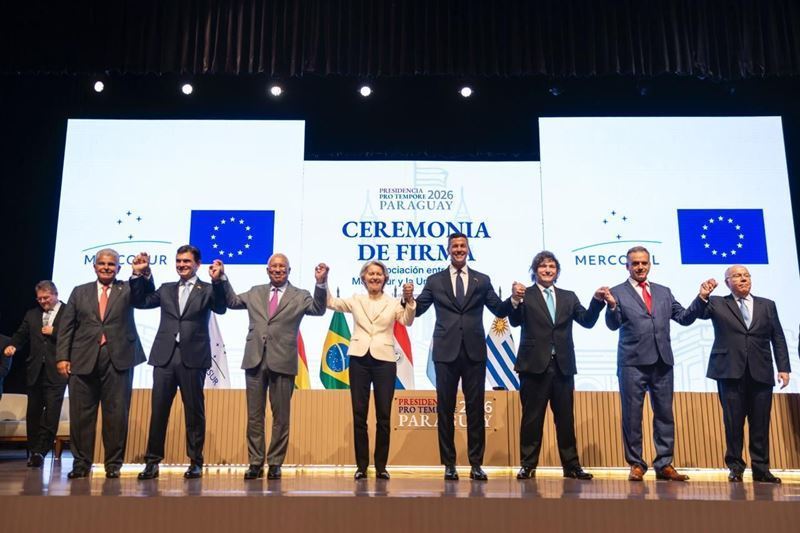
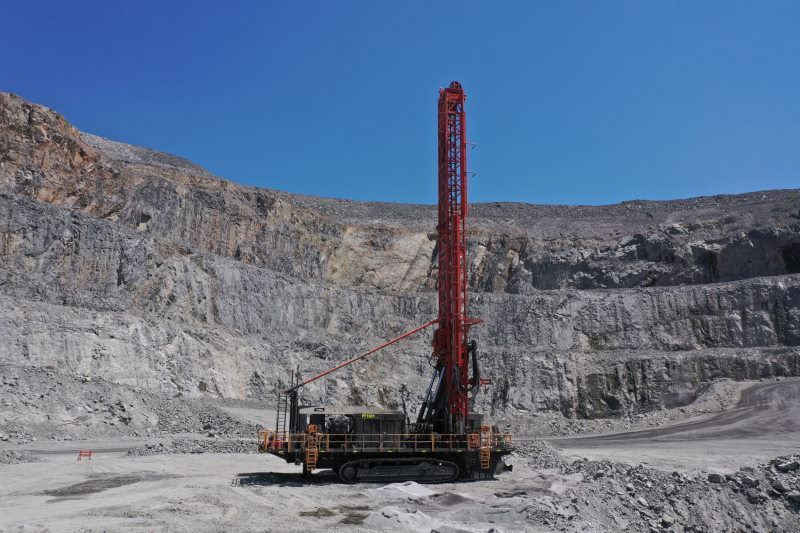
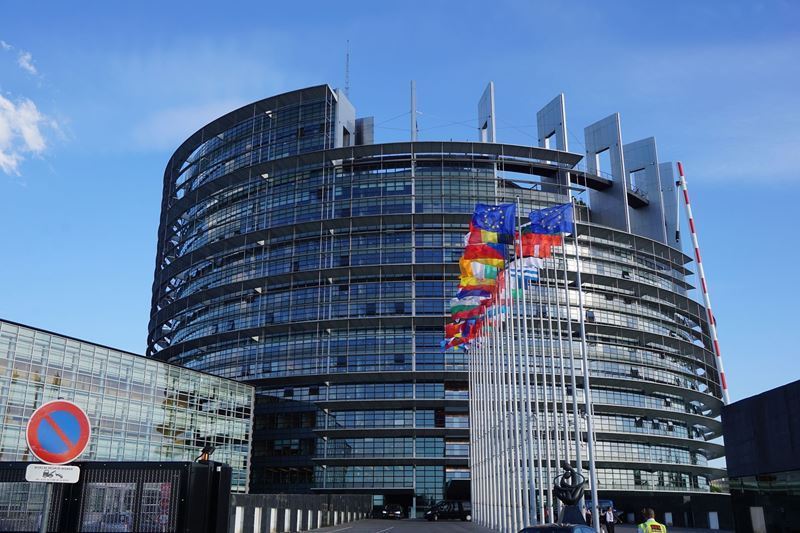
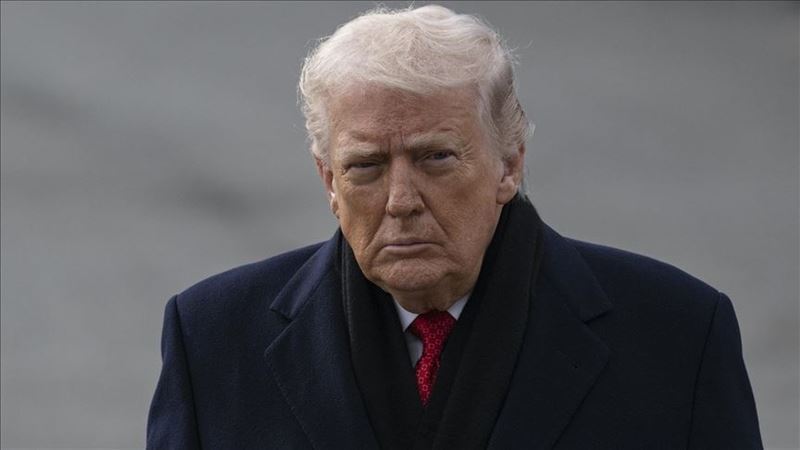
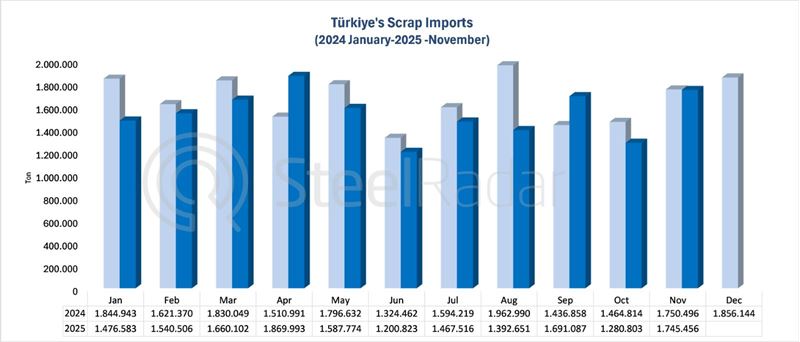


Comments
No comment yet.